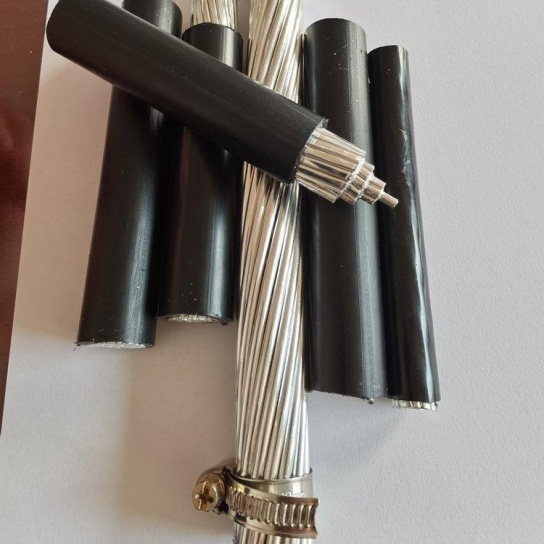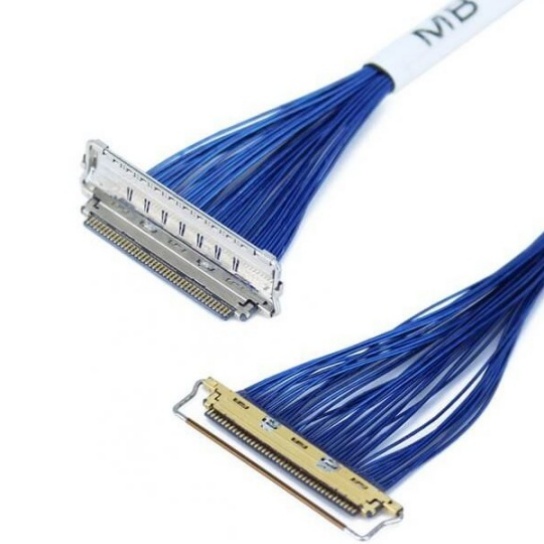Aircraft Cable Assemblies: Market Analysis for Cargo Airlines
Aircraft cable assemblies are the unsung backbone of cargo airline operations, connecting critical systems like flight controls, cargo door actuators, and electrical power distribution. As global e-commerce and expedited freight demand surge, cargo airlines face unique pressures to enhance fleet reliability, payload efficiency, and compliance—all of which hinge on the performance of these specialized components. This analysis breaks down the market’s core drivers, cargo-specific requirements, and future trends to guide industry stakeholders.
1. Key Market Drivers for Cargo Airlines
The demand for aircraft cable assemblies in the cargo aviation sector is fueled by three interconnected trends, each directly tied to operational needs:
- E-commerce-Driven Fleet Expansion: Global online retail growth (projected to reach $8.1T by 2026, per Statista) has pushed cargo airlines to add more aircraft—both converted passenger jets (e.g., Boeing 737-800BCF) and purpose-built freighters (e.g., Airbus A350F). Each new or retrofitted aircraft requires 500–1,200 cable assemblies, driving replacement and new-installation demand.
- Aging Cargo Fleets: Over 40% of the global cargo aircraft fleet is over 20 years old (IATA data). Older planes need more frequent cable assembly replacements due to wear from heavy cargo cycles (e.g., repeated door openings, vibration from freight loads), creating a steady aftermarket demand.
- Regulatory Compliance Upgrades: Aviation authorities (FAA, EASA) have tightened safety standards for cargo systems—including fire resistance and electromagnetic interference (EMI) protection. This mandates upgrades to cable assemblies (e.g., using flame-retardant insulation, shielded wires) to meet new certifications.
2. Cargo Airline-Specific Requirements for Cable Assemblies
Unlike passenger airlines, cargo operators prioritize durability and adaptability over weight reduction alone—here’s what matters most:
- High Wear Resistance: Cargo aircraft handle heavy loads (up to 120 tons for wide-body freighters) and frequent door operations, so cable assemblies must withstand friction, impact, and temperature fluctuations (-55°C to 125°C) without degradation.
- Customization for Retrofits: Many cargo airlines convert old passenger planes, which requires cable assemblies tailored to modified cargo bays (e.g., longer wires for rear cargo doors, reinforced connectors for load sensors).
- Minimal Maintenance Downtime: Cargo fleets operate 24/7; reliable cable assemblies (with a service life of 8–10 years) reduce unscheduled repairs, which can cost airlines $100,000+ per day of grounded aircraft.
3. Future Trends Shaping the Market
Two emerging trends will redefine aircraft cable assemblies for cargo airlines in the next 5–10 years:
- Lightweight, High-Strength Materials: The shift to fuel-efficient freighters (e.g., Boeing 777F) is pushing demand for cable assemblies made with titanium or carbon-fiber reinforced polymers. These materials cut weight by 15–20% versus traditional steel, lowering fuel costs for airlines.
- Smart Cable Assemblies: Integrating sensors into cables to monitor wear, temperature, and electrical performance is gaining traction. These “predictive maintenance” components let airlines replace assemblies before failures occur, critical for time-sensitive cargo like pharmaceuticals or perishables.
Why FRS Factory Stands Out for Cargo Airlines
When cargo airlines need reliable, cargo-optimized aircraft cable assemblies, FRS Factory delivers solutions aligned with every market need. We specialize in custom-built assemblies for both new freighters and retrofitted planes—using wear-resistant insulation, lightweight high-strength materials, and optional smart sensors to meet 24/7 operational demands. Our products comply with FAA, EASA, and CAAC standards, and our 48-hour turnaround for urgent replacements minimizes fleet downtime. For cargo airlines looking to boost reliability and cut long-term costs, FRS Factory is the trusted partner for aircraft cable assemblies that perform under pressure.






